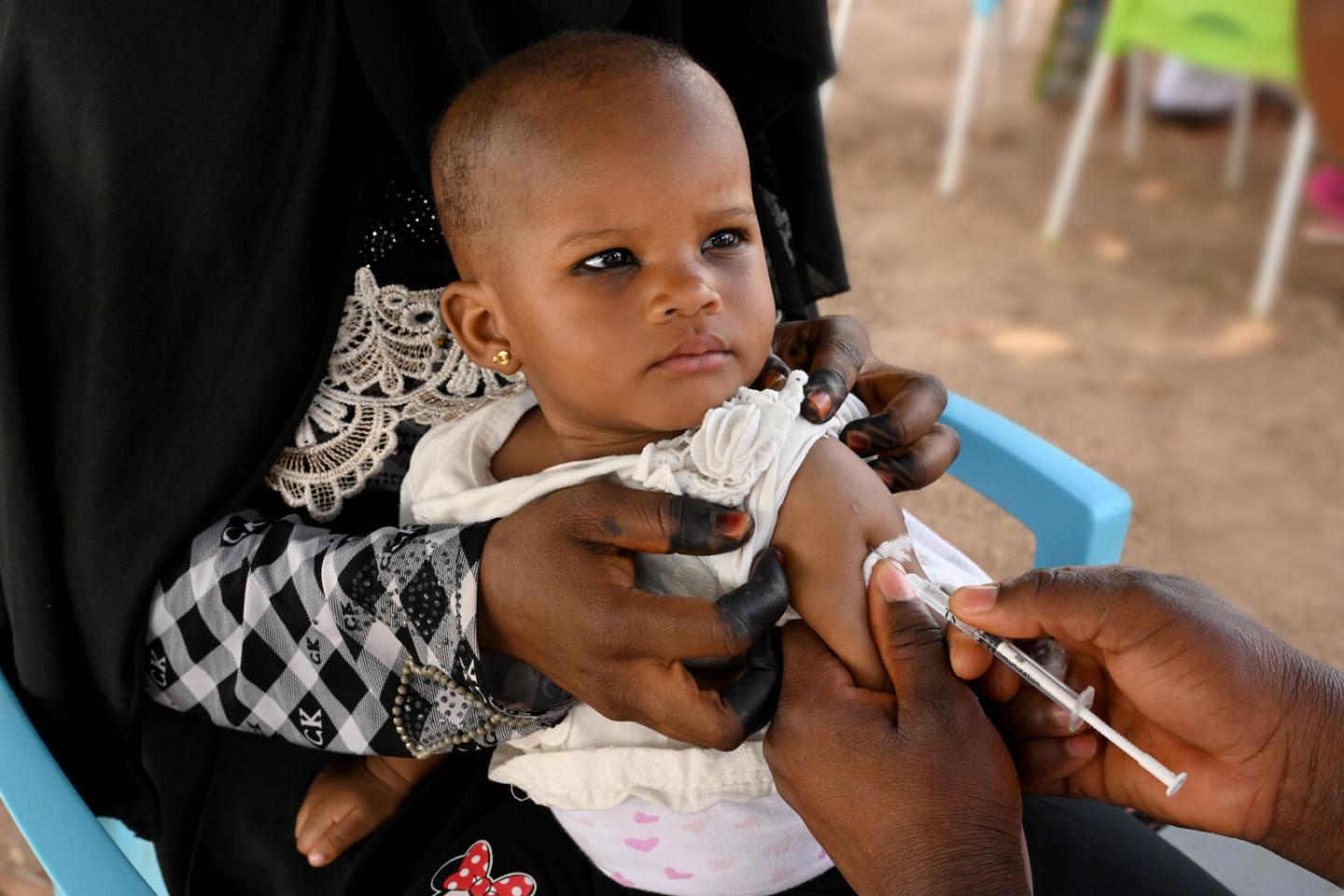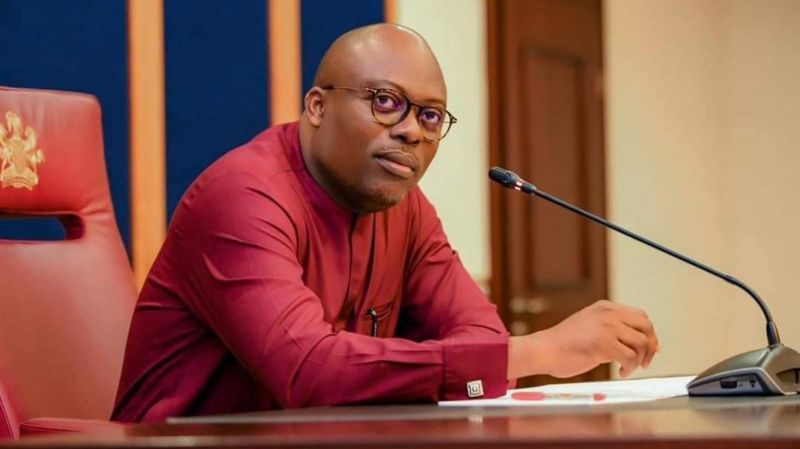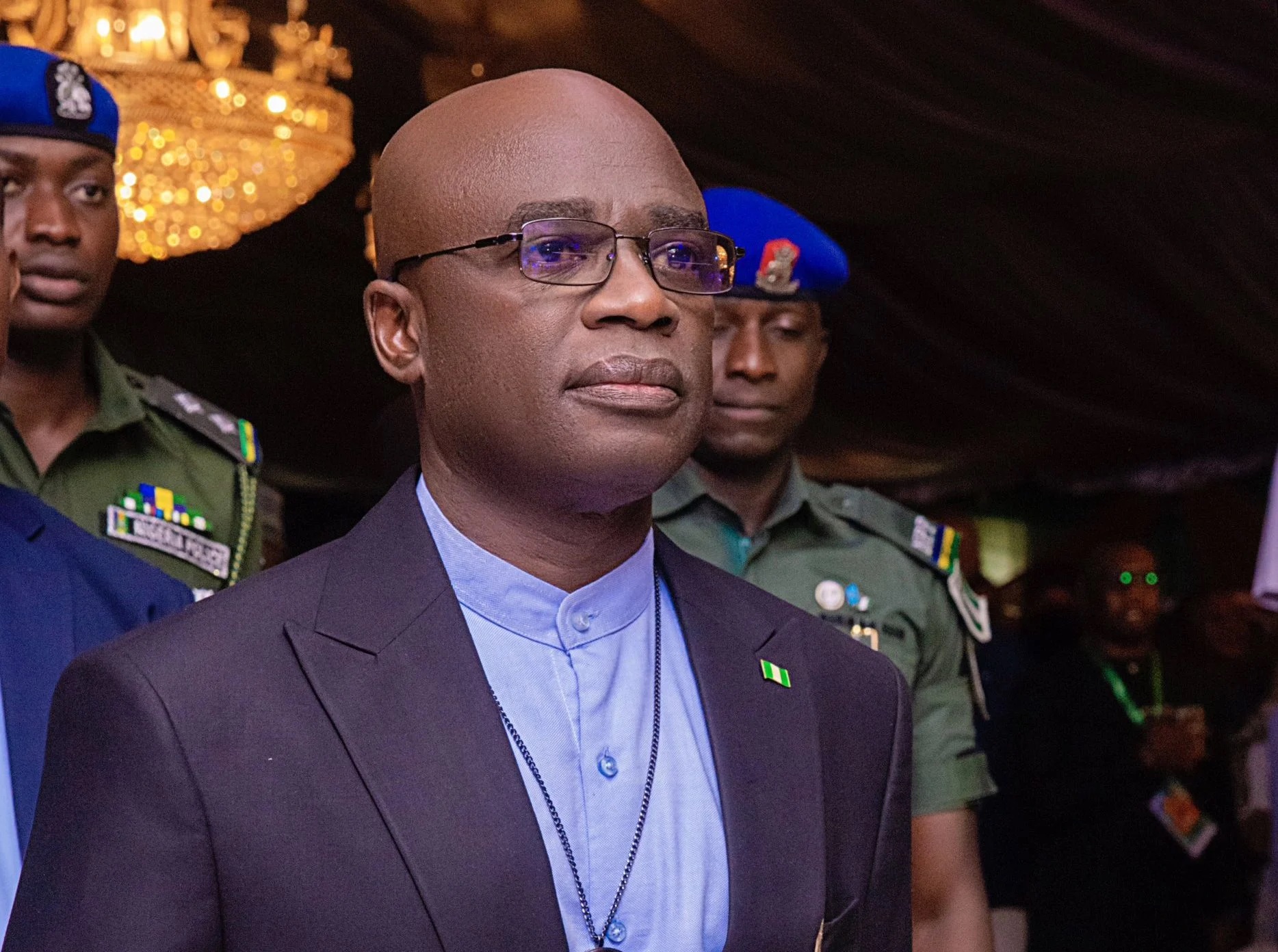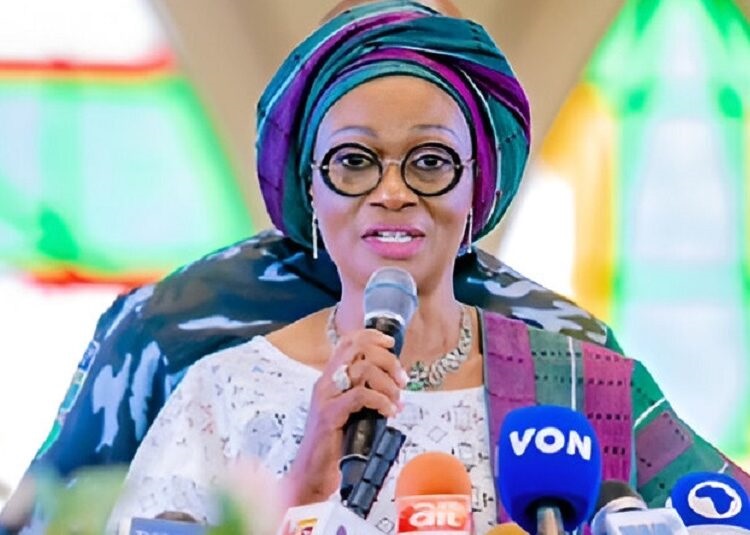As Nigeria continues its journey towards achieving Universal Health Coverage (UHC), a significant challenge remains: reaching the country’s “zero-dose” children—those who have not received even a single routine vaccine.
In a coordinated national response, the World Health Organisation (WHO), the National Primary Health Care Development Agency (NPHCDA), and the United Nations Children’s Fund (UNICEF) commemorated African Vaccination Week on Tuesday in Abuja.
They announced the scaling up of innovative strategies to ensure no child was left behind in the fight against vaccine-preventable diseases.
Africa Vaccination Week, established 13 years ago and endorsed by African Union member states, presented a unique opportunity for countries in the African region to campaign for strengthened and effective immunisation delivery systems.
The 2025 World Immunisation Week theme is “Immunization for All is Humanly Possible” .
Globally, there are over 100 million zero-dose children, with Nigeria accounting for one of the highest burdens.
These children, often living in hard-to-reach, underserved, or conflict-affected communities, are at extreme risk of dying from preventable diseases like measles, tetanus, and diphtheria .
Speaking at a high-level immunisation dialogue, Dr Eshetu Wassie, Expanded Programme on Immunisation, WHO, said that identifying and reaching these children was now treated as a public health emergency.
“It’s no longer enough to just conduct campaigns. We must locate who is missed, understand why, and act, child by child. Surveillance is our first line of defence,” Wassie said.
He said that WHO was helping to strengthen Nigeria’s surveillance systems, refine data-driven immunisation strategies, and support the implementation of the Zero Dose Operational Plan and The Big Catch-Up Campaign.
“Even with 90 per cent vaccine coverage, a measles outbreak is still possible.
“The only way to stop it is to achieve at least 95 per cent population immunity. This means no one can afford to be left out,” he said.
At the heart of the response lies the NPHCDA’s revitalisation of Primary Health Care (PHC) centres and a shift toward sustainable ownership by states and local governments.
Dr Muyi Aino, Executive Director of NPHCDA, said that while the federal government could support in emergencies, the long-term responsibility for routine health services rested with sub-national actors.
“We’re not just revitalising buildings; we’re building systems.
“The federal government is moving from prolonged interventions to empowering states to sustain them. That’s how we avoid relapse,” Aino said.
He said that high-volume PHC facilities, those who see the most patients, were being prioritised for investment through the Basic Health Care Provision Fund.
He said that the process was being guided by data and done in collaboration with state governments.
“This is not guesswork. We sit with the states and define what qualifies as high or low volume. Funds follow the patients. That’s how we ensure equity and impact,” he said.
He said that the agency was also incentivising states to directly employ and manage health workers, moving away from federal hiring for local needs.
“The goal is sustainability. States must begin to take full ownership of their healthcare workforce,” he said.
According to him, We’re ensuring that every vaccine dose bought is traceable, from national stores to the arms of children.
“That’s the only way to justify continued investment and inspire public confidence,”she said.
Ms Christian Munduate, UNICEF representative, said that the crisis of zero-dose children had triggered a paradigm shift from service delivery to humanitarian outreach.
Munduate said that the agency was expanding efforts to reach children in Nigeria’s most vulnerable and underserved populations.
“These children aren’t just missed; they are excluded. We have shifted to humanitarian-style programming because traditional systems were not reaching them,” she said.
She said that UNICEF was deploying mobile outreach teams, community mobilisers, and school-based interventions.
“It is also addressing the hidden costs, such as transport or misinformation, that prevent families from accessing free vaccines.
“It’s not enough that vaccines are free. If it costs a mother N500 to get to the clinic, her child may never be vaccinated. We’re tackling those barriers one by one,” she said.
According to her, health equity is not charity. It is justice.
The News Agency of Nigeria (NAN) recalls that all three agencies agreed that success will depend on political will, consistent financing, data transparency, and community ownership.
As Nigeria pushes to reach the last mile, the government and its partners said they were determined to not only find the unreached but stay with them.(NAN)





